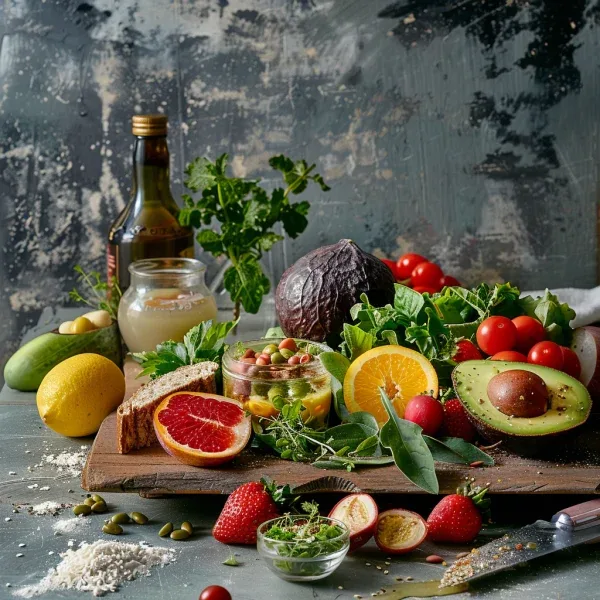By Sofia Moreau

Regular exercisers can attest to the familiar twinges and strains following strenuous sessions. These discomforts, known as Delayed Onset Muscle Soreness (DOMS), result from tiny tears in muscle tissue leading to mild inflammation—an indicator that your body needs some respite and recuperation. It’s also a cue to turn to anti-inflammatory foods to fast-track healing.
According to renowned sports nutritionist, sports inflammation is a tricky subject. It’s both a necessary part of the recovery cycle, promoting constructive training adaptations, yet can drastically delay the recovery phase if prolonged. This becomes a major concern for athletes or individuals who engage in daily strenuous workouts, as unchecked inflammation can impact workout efficiency.
Countering Muscle Soreness with Anti-Inflammatory Foods
Post-exercise recovery can be expedited or hindered by various factors. Stress management and good quality sleep of approximately 7-8 hours are fundamental to effective recovery. Simultaneously, certain inflammatory foods can hinder recovery progress. Therefore, maintaining a check on consumption of processed food, simple sugars, alcohol, and saturated and trans fats becomes crucial, especially during injury or inflammation bouts, as they could potentially prolong recovery times.
Being diligent about your post-workout habits could drastically reduce recovery time, boost performance, and mitigate the risk of injuries. One beneficial habit is to fill your plate with nutrient-rich foods which help lessen oxidative stress and inflammation.
Top Anti-Inflammatory Foods for Rapid Recovery
- Cherries: Rich in antioxidants, dark-skinned fruits like cherries are touted for speeding up fitness recovery. A research study recorded reduced inflammation in marathon runners who consumed cherry juice in the days surrounding the marathon, as compared to those who didn’t.
- Turmeric: A quintessential Indian spice with naturally occurring anti-inflammatory and antioxidant properties, thanks to an active compound called curcumin. Boost your post-workout smoothie with a spoon of turmeric powder and a dash of black pepper to enhance the absorption of curcumin into your body.
- Beetroot: A vibrant addition to a dull salad, beetroot can also alleviate post-workout muscle fatigue. Research suggests that beetroot juice has potent anti-inflammatory properties, reducing muscle soreness post-exercise.
- Sardines: These small, oily fish are loaded with omega-3 fatty acids, which regulate inflammation in the body. As the human body cannot self-produce omega-3 fatty acids, incorporating sardines, salmon, mackerel, and a variety of nuts and seeds into your diet is essential.
- Kefir: Maintaining healthy digestion is key to minimising post-workout muscle soreness, ensuring proper nutrient absorption and inflammation regulation. Including probiotic supplements or foods rich in probiotics like kefir can contribute to a well-balanced gut flora, promoting better nutrient absorption and health gains.
Boost Your Inflammation Defence with These Supplements
Try a nutrient-rich supplement extracted from New Zealand blackcurrants, a natural and powerful inflammation reducer. Also, a daily dose of probiotics from fermented milk drinks can enhance digestion and workout recovery. Lastly, consider CBD oil with turmeric and vitamin D3, a known fatigue and joint pain manager, for improved post-exercise recovery.
Take charge of your post-workout recovery by integrating these superfoods and habits into your lifestyle!
muscle soreness, anti-inflammatory foods, diet for workout recovery, DOMS, inflammation, sports nutrition, antioxidants, cherries, turmeric, beetroot, sardines, omega-3 fatty acids, kefir, probiotics.
Leave a Reply